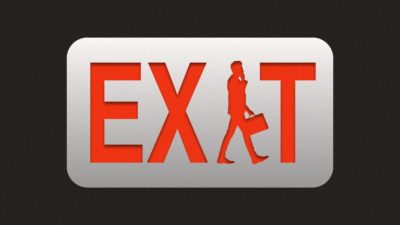Will Client Testimonials Catch On With Advisors?
The SEC has allowed testimonials in advertisements since 2022, yet less than 10% of advisors use them.

Sign up for market insights, wealth management practice essentials and industry updates.
Leaving a customer review has never been easier, though not so much for wealth management clients.
Fewer than 10% of SEC-registered firms reported using testimonials in their marketing materials, even after the Securities and Exchange Commission allowed advisors to use endorsements in advertisements as long as they were accompanied by proper disclosures. It remains a largely untapped strategy, one that advisors are seemingly hesitant to explore.
“In the early days, because the rule hasn’t really been around for that long, we are seeing less adoption,” said Gary Foodim, CMO of Mercer Advisors, which recently partnered with Testimonial iQ to promote client reviews online. “But over the course of the next 24 to 36 months, you’ll see the velocity increasing in terms of adoption.”
How Was Our Service Today?
Testimonials have certainly proven effective in other sectors, such as online retail and healthcare. Some 70% of customers refer to online reviews before finalizing their purchase decisions, per a report from the Journal of Retail and Consumer Services. Under the SEC’s latest marketing rule, which went into effect in 2021, testimonials (given by clients or former clients) and endorsements (given by non-clients) can be included in advertisements so long as they disclose:
- Whether it was given by a current client or a non-client;
- Whether the person was compensated for the testimonial or endorsement (and as long as the compensation was less than $1,000);
- And whether or not there was a conflict of interest on the part of the endorser or testimonial provider.
Let’s Be Reasonable. RIAs also have to have a “reasonable basis” to believe that their testimonials are in compliance with the updated rule. Brian Thorp, the founder of Wealthtender, said his company lets firms screen testimonials that clients submit to make sure they’re SEC-compliant. “At first, there were more compliance concerns: firms saying, ‘Well, we don’t want to be first, let’s see how others do it.’” Others said they were looking for additional guidance on creating testimonials before using them.
“Now it’s a little bit more imposter syndrome,” he said, adding that firms are worried about getting negative reviews. “You don’t get negative reviews. People are with you for a reason.”











